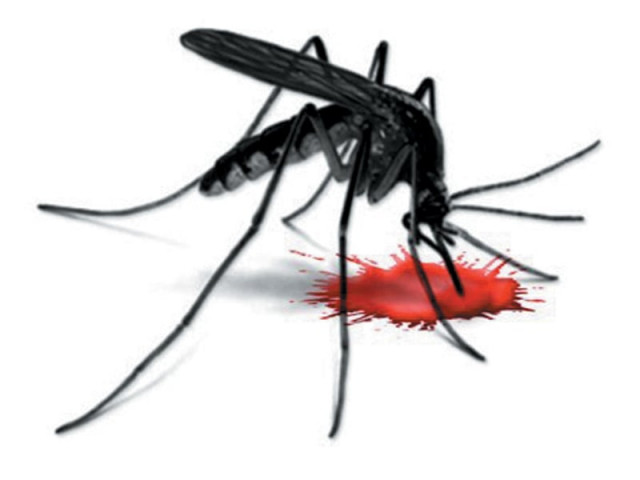Dengue strikes again
Mitigating the effects of dengue is no rocket science

Eight new cases of dengue were confirmed in Rawalpindi on October 17, bringing the total to 297 this year, while the first case from Shangla was also reported.
The difference in both response and severity to disease outbreak in urban and rural areas is striking. Despite paucity of resources, the district administration in the Shahdara area of Baubzai tehsil, which reported its first case of dengue fever in June this year, quickly acted to avert a worst-case scenario with an intensive awareness drive and fumigation at all possible breeding grounds to curb the spread of dengue virus. While in Raiwind, health officials bemoaned public hygiene and disregard to keep water stored in containers covered.
At the civic level, local administrations are negligent in dealing with solid waste, data collection on the incidence of dengue is poor and there is dearth of appropriately trained healthcare and civic workers to control the spread of disease.
This is a vicious circle that is compounded by incompetence. Mitigating the effects of dengue is no rocket science and we have the technical competencies, at the very least, limit its annual impact. It is this bad because it is allowed to be.
Published in The Express Tribune, October 20th, 2014.
Like Opinion & Editorial on Facebook, follow @ETOpEd on Twitter to receive all updates on all our daily pieces.
















COMMENTS
Comments are moderated and generally will be posted if they are on-topic and not abusive.
For more information, please see our Comments FAQ